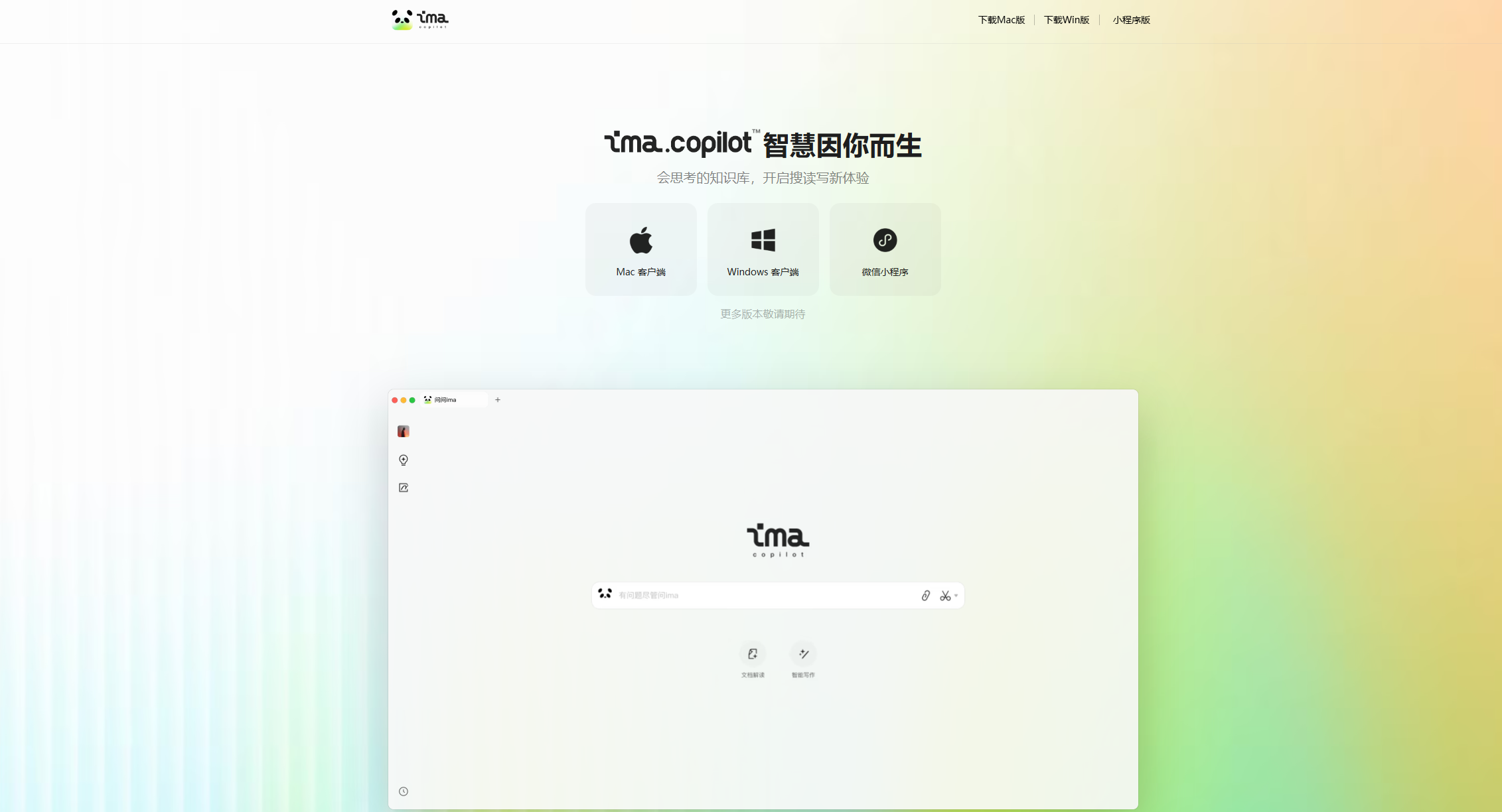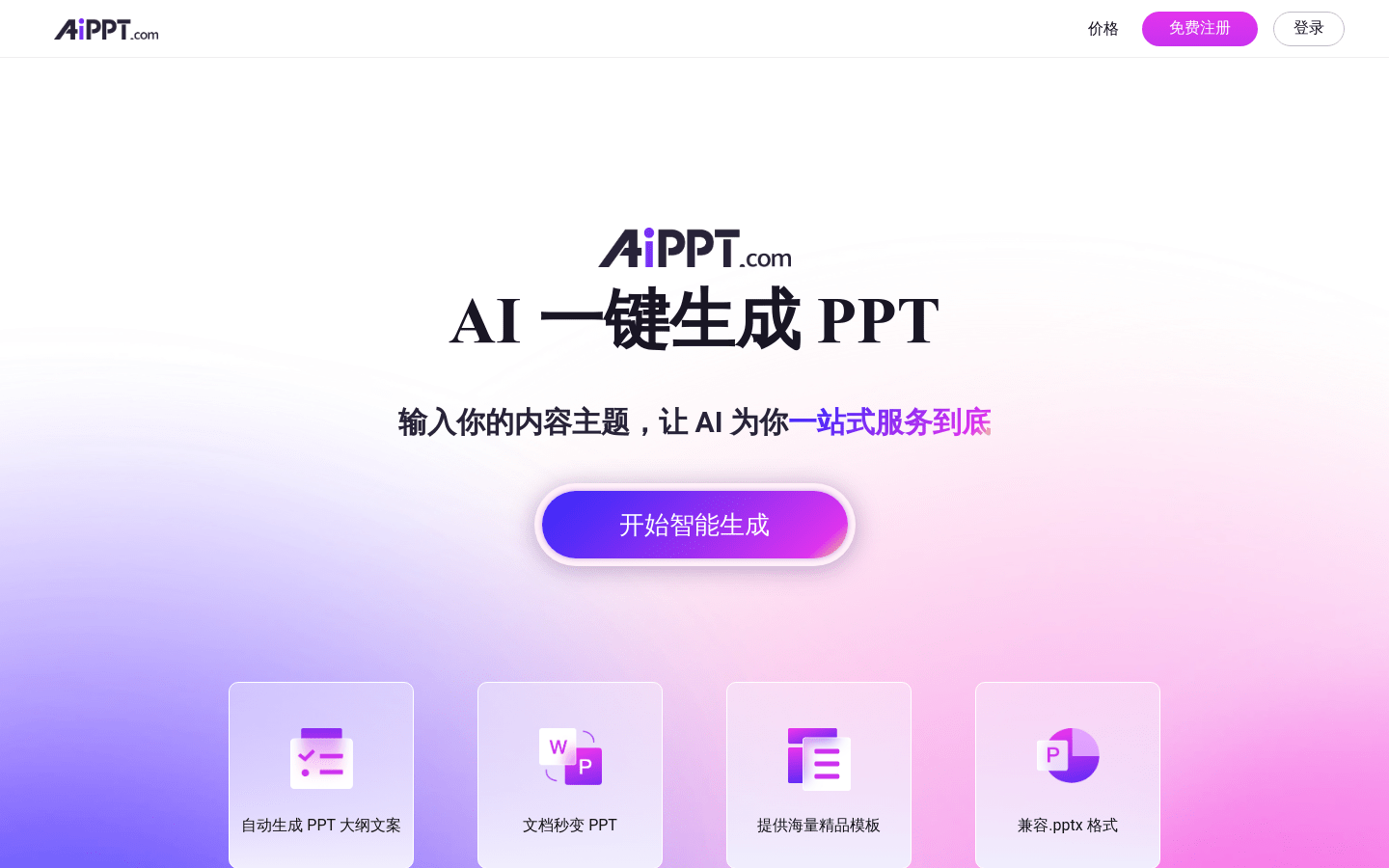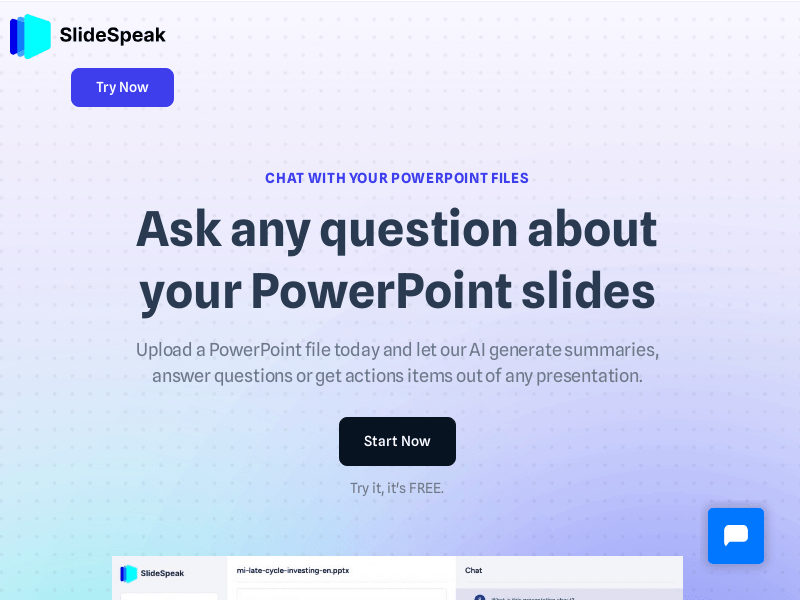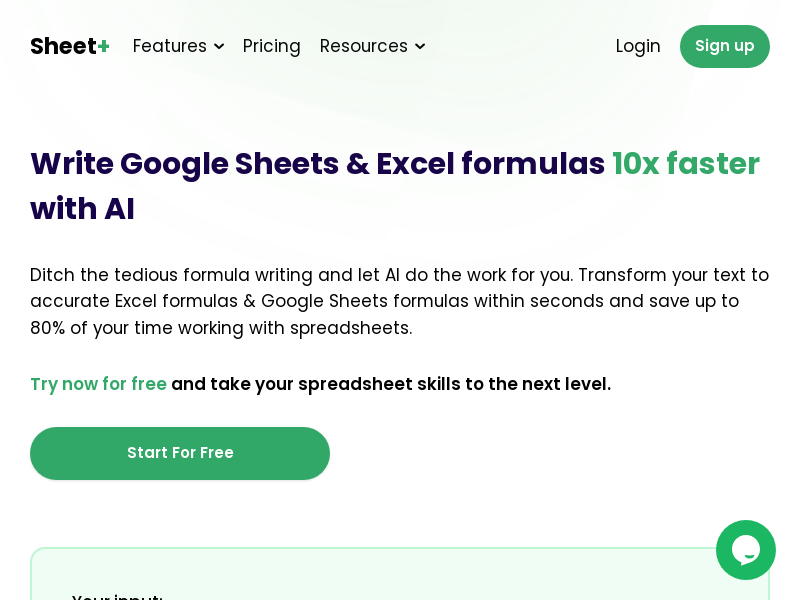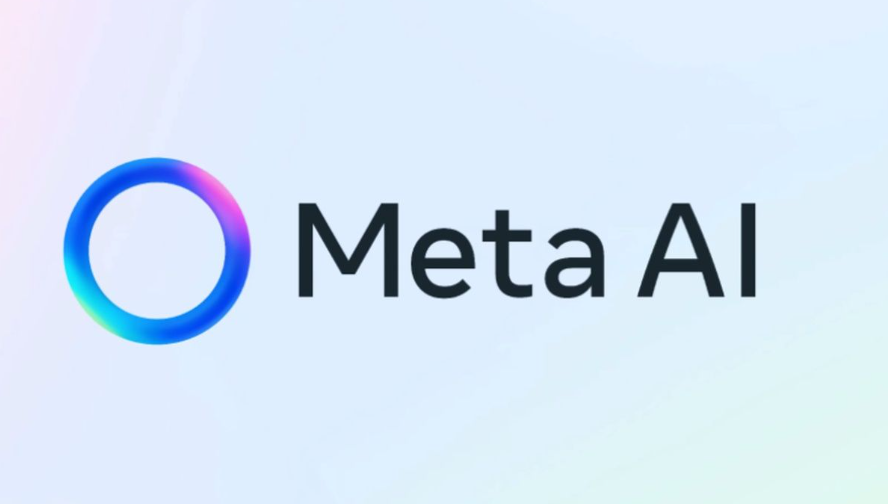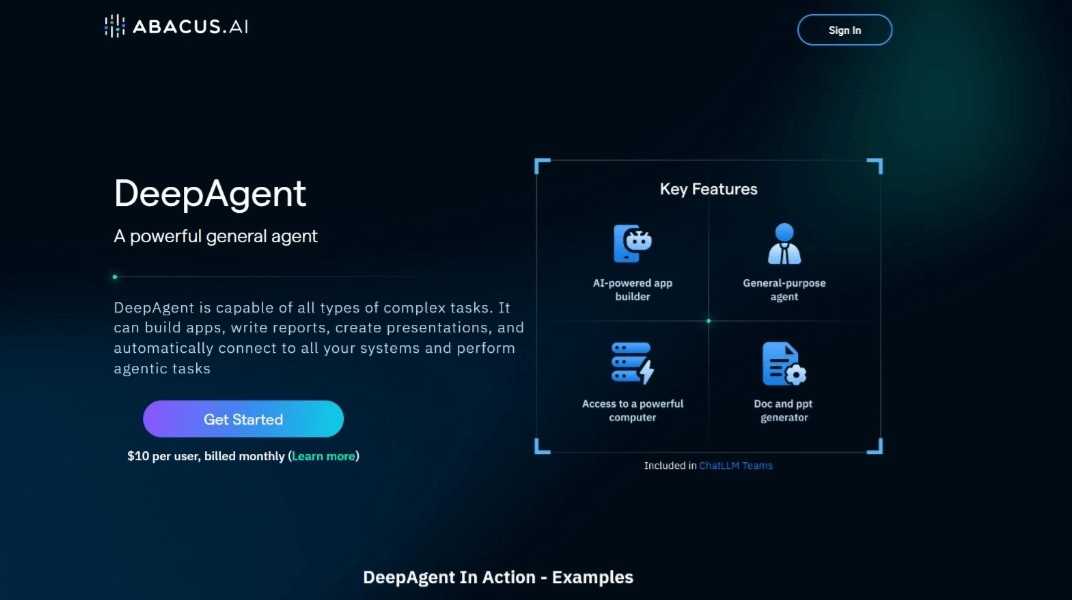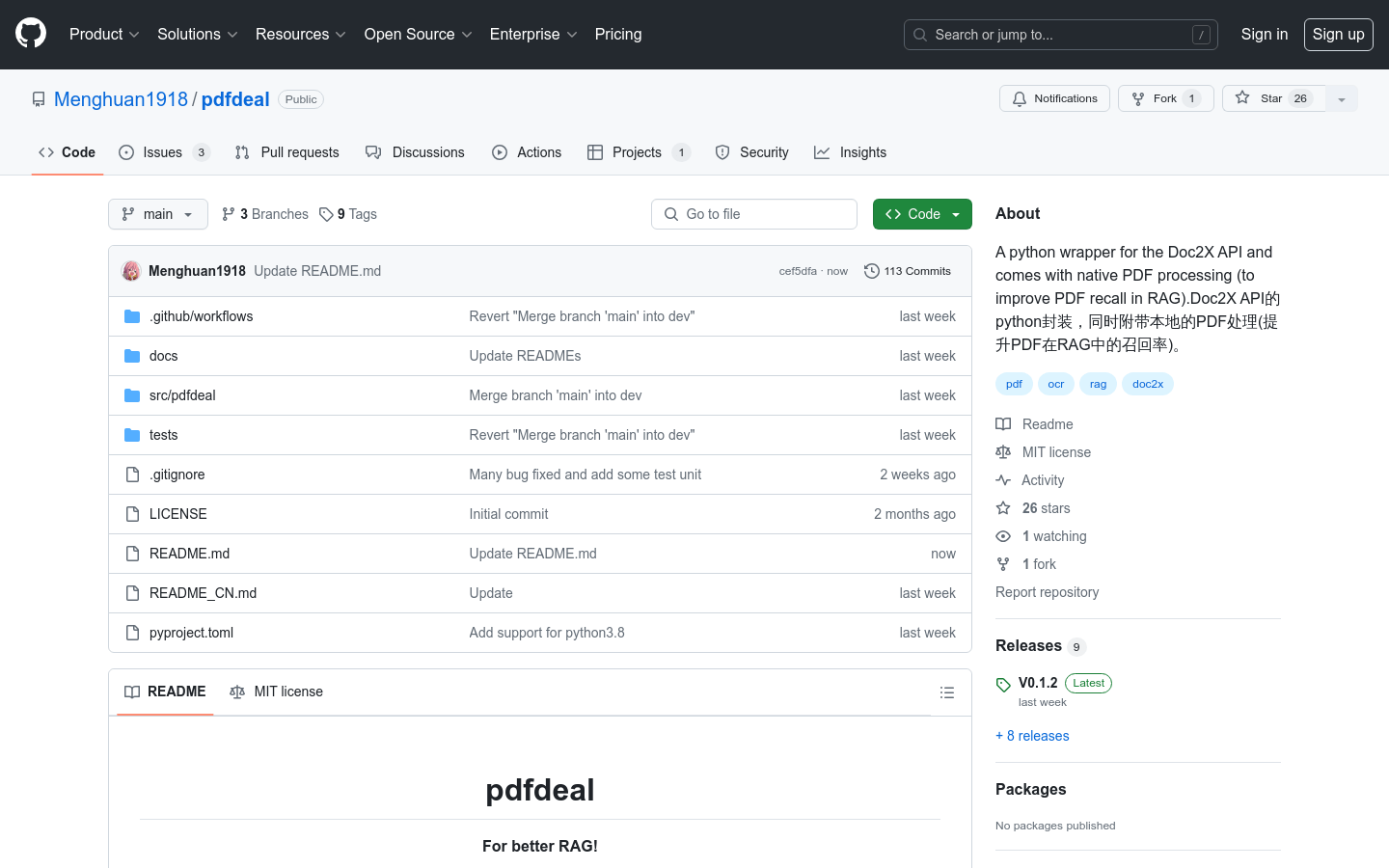
pdfdeal is a Python-encapsulated Doc2X API tool that provides local PDF processing functions and aims to improve the recall rate of PDFs in RAG. The tool supports multiple output formats, including text, Markdown, PDF, etc., and can customize the OCR language and use GPU acceleration. It also supports Doc2X, which has a free daily quota of 500 pages and is particularly good at identifying tables and formulas.
Demand group:
"The target audience is mainly developers and data scientists who need to process large amounts of PDF documents and extract information from them. They can use pdfdeal to improve the efficiency and accuracy of information extraction, especially when building knowledge bases or performing data analysis."
Example of usage scenario:
Use pdfdeal to extract text and formulas from academic papers to build a professional domain knowledge base.
Convert enterprise reports to Markdown format in batches for easy sharing and collaboration on GitHub.
Use Doc2X's table recognition function to automate data processing and analysis of financial statements.
Product features:
Improved stability of batch file processing
Supports custom OCR functions, including using pytesseract or skipping OCR
Supports OCR recognition in multiple languages
Support GPU accelerated OCR processing
Generate text in Markdown or LaTeX format
Supports direct conversion of PDF to Markdown/LaTeX/DOCX format
500 pages of Doc2X free usage per day
Usage tutorial:
Install pdfdeal , either via PyPI or from source.
Import the pdfdeal library and call the deal_pdf function.
Set input parameters, including PDF file path, output format, OCR language, etc.
Execute the deal_pdf function to start processing PDF files.
Get the output as needed, which may be a text string, a Markdown file, or a new PDF file.
If using custom OCR or Doc2X, make sure the corresponding dependencies are installed and configured correctly.
Review the output to make sure the information is extracted as expected.
